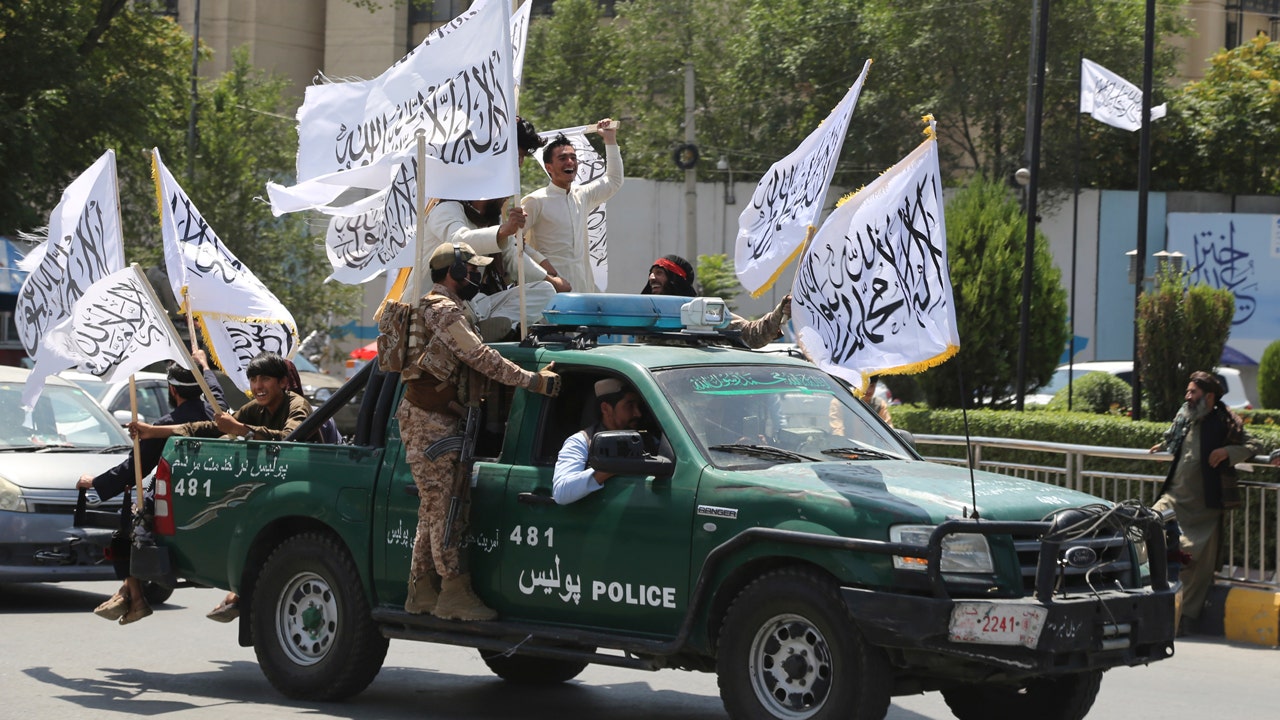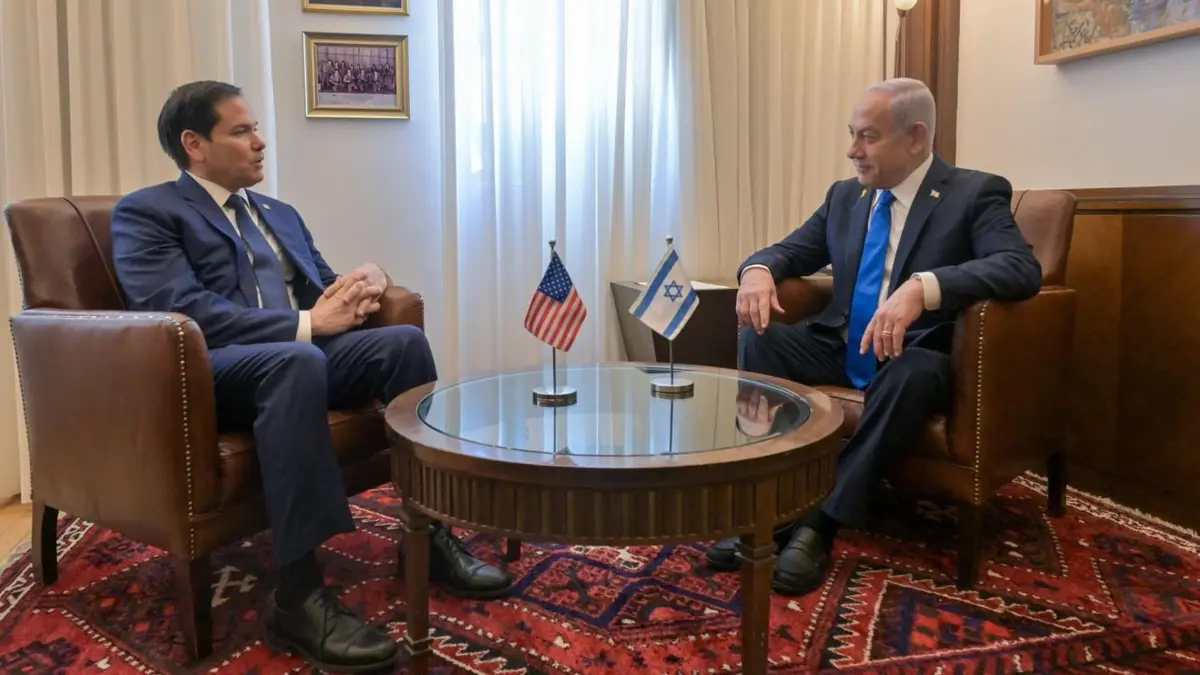Fragile accord aims to quiet southern Syria, but enforcement is everything
Damascus, Amman and Washington say they have a plan to stabilize Sweida after July’s deadly Druze-Bedouin clashes. The roadmap promises prosecutions for incitement, aid delivery, service restoration, security deployments on key roads, and work to account for the missing and return more than 160,000 displaced people. On paper, it is a start. In practice, it will rise or fall on credible enforcement and whether the Syrian state can act as a neutral guarantor rather than a partisan force.
Jordan’s border is the pressure point
Amman has borne the brunt of years of weapons and narcotics trafficking from southern Syria, a trade that threatens Jordan’s sovereignty and regional stability. Any Sweida deal that does not deliver real interdiction, verifiable patrols, and sustained pressure on trafficking networks will fail. Jordan’s message was clear: security in the south is inseparable from Jordan’s own security. That means firm borders, not vague committees.
Damascus wants control, Druze want guarantees
The July violence pitted Druze militias against local Sunni Bedouin tribes, and government forces that stepped in were seen as siding with the Bedouins. The result is deep mistrust and renewed talk among some Druze of self determination. Promises of prosecutions and reconciliation will ring hollow without impartial investigations, transparent trials, and protection for civilians who cooperate. A credible plan must safeguard Druze communities, ensure safe return for displaced Bedouins, and keep regime-aligned militias away from local policing.
Israeli deterrence changed the calculus
Israel intervened to defend Druze communities, striking regime convoys and even the Syrian Defense Ministry in Damascus. Those strikes signaled that mass atrocities in the south would draw a swift response and that cross-border threats will be met with force. That reality should focus all parties on prevention. If the roadmap reduces violence and curbs trafficking, escalation is less likely. If not, expect more firepower and fewer diplomatic niceties.
What Washington should do now
Tie humanitarian aid and reconstruction access to measurable steps: arrested traffickers prosecuted in public courts, joint patrols with Jordan along known smuggling routes, and independently verified security on Sweida’s main roads. Support local, accountable police over regime militias. Coordinate with Israel and Jordan to set clear red lines against attacks on civilians and cross-border smuggling. Limited government works when the state does its core job: protect borders, uphold law, and leave communities free from predation.





